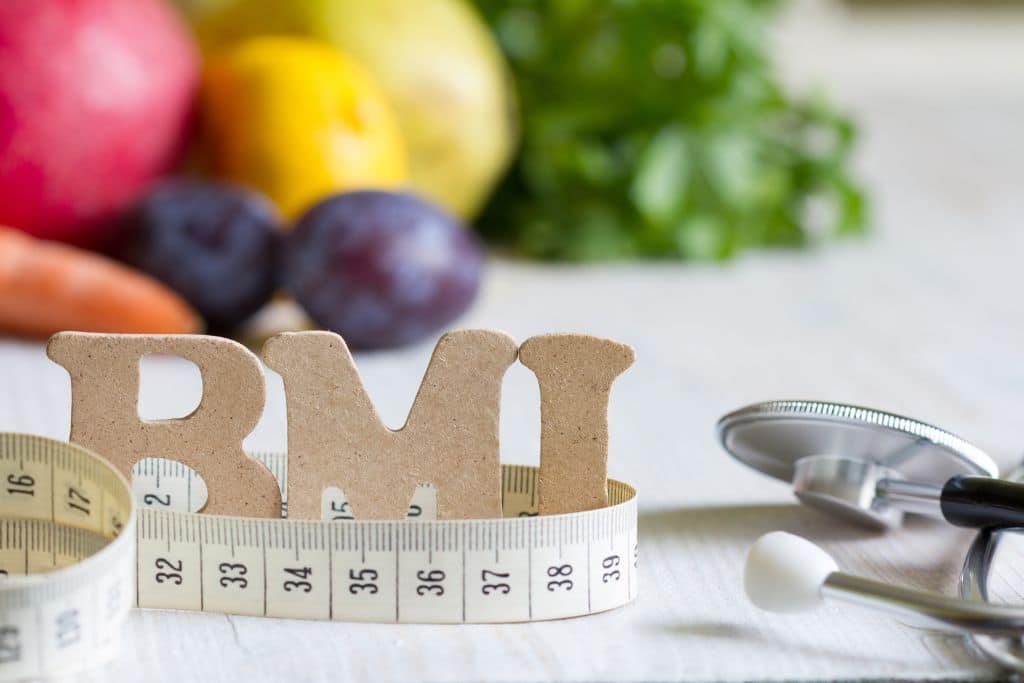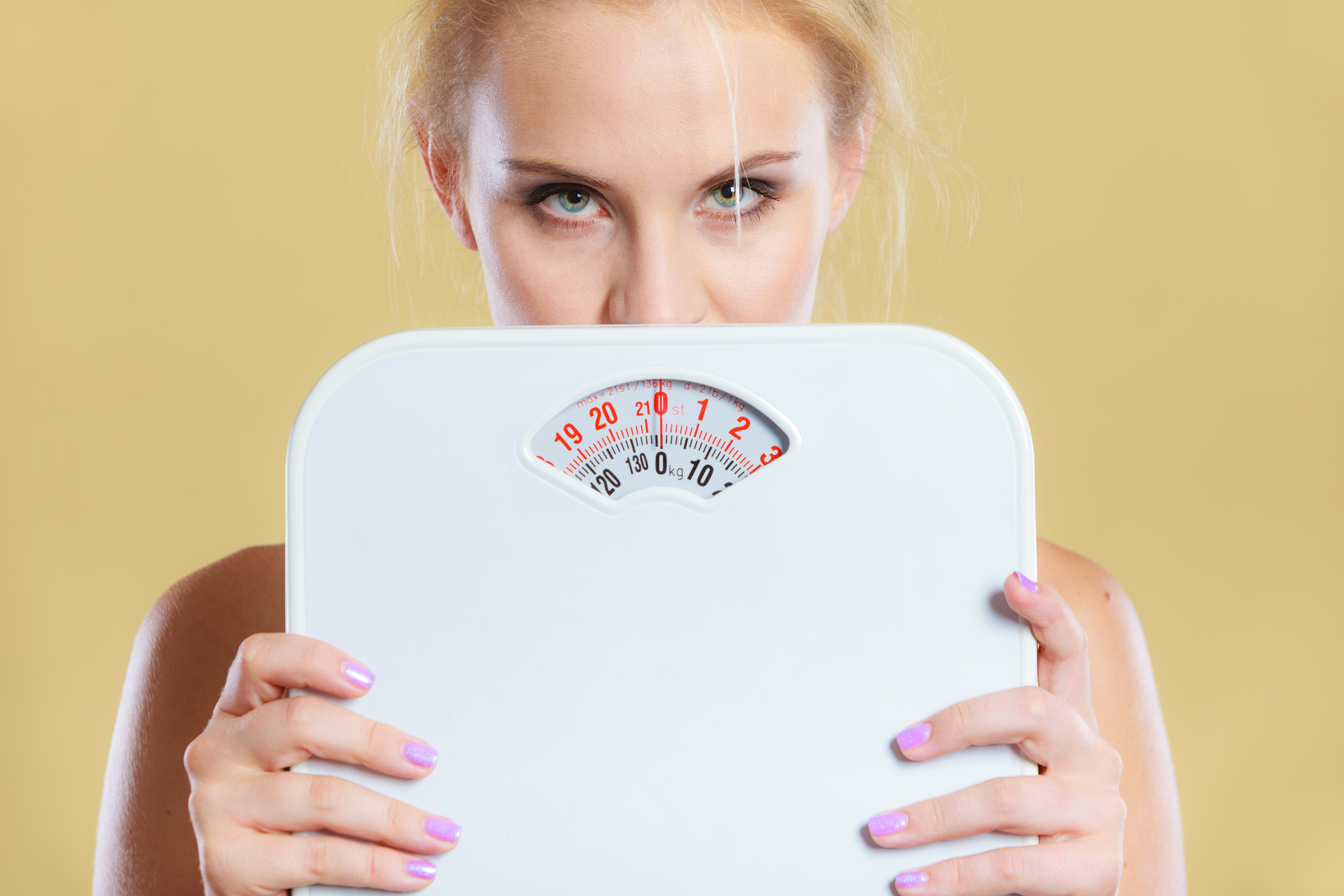You know that feeling you get when you run too hard, or for too long? That nauseous, queasy sensation that makes you want to curl up in a ball? If you’re like most people who run, you probably push through it because you know it’s good for you.
But why does running make some people feel sick? How can they prevent this from happening? Let’s take a look at why runners get sick, and how they can stop it from happening again.
An intense workout like running is what the body needs to improve its athletic performance and overall health. However, as with any type of exercise, there are risks involved. Running has the potential to make your body feel sick because it places stress on the digestive system and causes dehydration.
Contents
Symptoms You Might Experience If You Feel Sick After Running?
If you feel sick after running, you may be experiencing any of the following symptoms:
Nausea
It is the feeling of sickness or uneasiness in the stomach that is often associated with this feeling of impending vomiting. Nausea after a workout is the common negative effect of running.
There are three common causes of nausea after exercise: fluid imbalances, low blood sugar, and overexertion. During any physical exercise, blood flow to our gastrointestinal tract and stomach is rerouted to the muscles we’re using, thus slowing down digestion and resulting in discomfort. This causes nausea.
According to research, physical exercise can both positively and negatively affect the gastrointestinal tract, depending on its intensity. Strenuous exercise and dehydration are two of the most common causes of gastrointestinal (GI)symptoms reported by athletes. Gut ischemia is the most frequent cause of nausea, vomiting, abdominal pain, and (bloody) diarrhea.
Lightheadedness
This is a common side effect of running that’s usually caused by dehydration and low blood pressure. If you’re feeling lightheaded while running, it’s important to stop and rehydrate. You can switch to a sports drink instead of water if you’re worried about overhydrating.
It’s also important to eat a balanced diet that’s rich in fruits and vegetables to keep your electrolyte levels balanced. Avoid overloading on sodium, which can lead to water retention, and make sure you take a multivitamin to make up for what’s missing in your diet.
Stomach Pain

Stomach pain and other problems like cramping and inflammation can occur if you’re running while injured. If you experience nausea and abdominal pain while running, it’s important to stop and check for injuries.
If you’re experiencing nausea and cramping, it’s best to stop running and drink plenty of water to rehydrate. It’s also important to eat a balanced diet that’s rich in fruits and vegetables to ensure your body has all the vitamins and minerals it needs and to have healthy gut health
Blood flow to your digestive system is diverted to your cardiovascular system when you're running for a long time. This can upset and irritate your digestive process. You may then feel a strong desire to expel anything in your digestive system.
Let’s take a look at why runners get sick, and how they can stop it from happening again. Many reasons are running makes some people feel sick.
Reasons Why You Feel Sick After Running
Dehydration
This is often the culprit when it comes to making people feel sick after s workout. It’s a condition that occurs when the body loses more fluid than it takes in. While this can happen to anyone who exercises, it’s more common in runners because they’re out of breath and sweating a lot.
When you’re dehydrated, your body loses fluids, electrolytes, and minerals, which can leave you feeling sick. Runners who don’t replenish these nutrients can get sick after a workout. A simple way to avoid this is to drink water or any sports drink before, during, and after your run.
The Good, the Bad, and the Ugly: Excess Carbon Dioxide
Excess carbon dioxide in your bloodstream is another common culprit for making people feel sick after running. When you run, your body produces carbon dioxide as a by-product.
To get rid of this, you need to breathe deeply. Deep breathing is good for you in many ways, but if you do it too much, you’ll have too much carbon dioxide in your system, which can make you feel sick. If you feel nauseous after running, you may be hyperventilating, which puts too much CO2 in your bloodstream.
Food Intolerance
It’s common for runners to get sick after a long run. These people may have an undiagnosed food intolerance that’s triggered by the pre-run meal they eat. Running puts a lot of stress on the body. When you’re running, your body needs more energy, so it breaks down carbohydrates as an energy source.
If you ate food that your body can’t process properly, it can trigger an allergic reaction a few hours after your run, which can make you feel sick. Runners need to eat a balanced meal about 2-3 hours before their run.
Exercise-induced nausea and vomiting (EINV)
What causes runners to feel sick? If you’re getting sick right after running, you might have exercise-induced nausea and vomiting (EINV). This is a condition that affects a small percentage of runners.
Exercise-induced nausea and vomiting EINV is more common among novice runners. If you experience mid-run nausea and vomiting, you could be suffering from this condition. EINV is more than just feeling sick after a run.
Other symptoms include: Feeling dizzy, Sweating excessively, Feeling your heartbeat increase, and Feeling faint. These exercise-induced vomiting symptoms usually occur after a few miles of running. If you experience these symptoms, you should stop running and try not to do it again for a few days.
Prevention and treatments
Stay Hydrated
Dehydration is a sign of overtraining and can be a sign of illness, too. To avoid it, make sure you're drinking enough water—which you can figure out with this formula: Take your weight in pounds, multiply it by 2, then add one liter. That's the minimum amount of water you should be drinking daily.
If you're exercising, you'll need to add another 2 to 4 liters—or as much as 9 gallons a day. If you're sick, be especially sure to drink lots of water before you go to bed. Your body needs water to stay warm when you're not moving around.
Stay Proactively Healthy
Keep your immune system strong with plenty of rest, healthy eating, and exercise. Getting enough sleep is crucial, as many of your body’s systems work best when you’re well-rested. But you have to make sure you get enough sleep, too.
Healthcare professionals as well as wellness professionals recommend sleeping seven to nine hours a night for most adults. Sleep experts recommend setting a consistent schedule for sleep and waking up, avoiding screens before bed, as well as other healthy sleep habits. Exercise is another great way to boost your immunity, but you need to be smart about what you do.
Eat Consistent, Healthy Food
When you’re healthy and not sick, you don’t need to change much. But when you do get sick, you’ll want to eat foods that boost your immune system. Bananas are also a great source of potassium, which is often lost when you’re sick.
Sports nutritionists and healthcare professionals suggest eating greens, whole grains, fiber, and lean proteins like fish. Stay away from sugary foods, dairy, and fatty meats and oils when you’re sick since they can make you feel worse. This will all help reduce nausea and have healthy gut health.
Consult A Doctor

If you’ve done all of the above and you’re still suffering from gastrointestinal (GI) symptoms or any health conditions, it may be time to visit the doctor. Your doctor will be able to test for any potential viruses or bacteria that may have caused your symptoms.
They can also prescribe medication to treat the symptoms, reduce the duration of the infection, and prevent any complications. If you’re experiencing extreme gastrointestinal (GI) symptoms you should visit the doctor as soon as possible.
Conclusion
If you’re sick, exercising is a great way to help your body fight off whatever’s going on. However, If you’re sick after running, there are a few things you can do to feel better and get back to your normal self as quickly as possible.
Be sure to hydrate and eat well, get lots of sleep, and try some of these remedies to help speed up your recovery. Individuals may prevent exercise-induced nausea by altering their eating and drinking patterns, properly warming up and cooling down, and lowering the intensity of their workouts.
You can also drink vitamins to help your immune system. Remember, it’s not the end of the world if you get sick after running. It’s just your body’s way of saying it needs a little extra rest to fully recover. So kick back and enjoy the rest.






